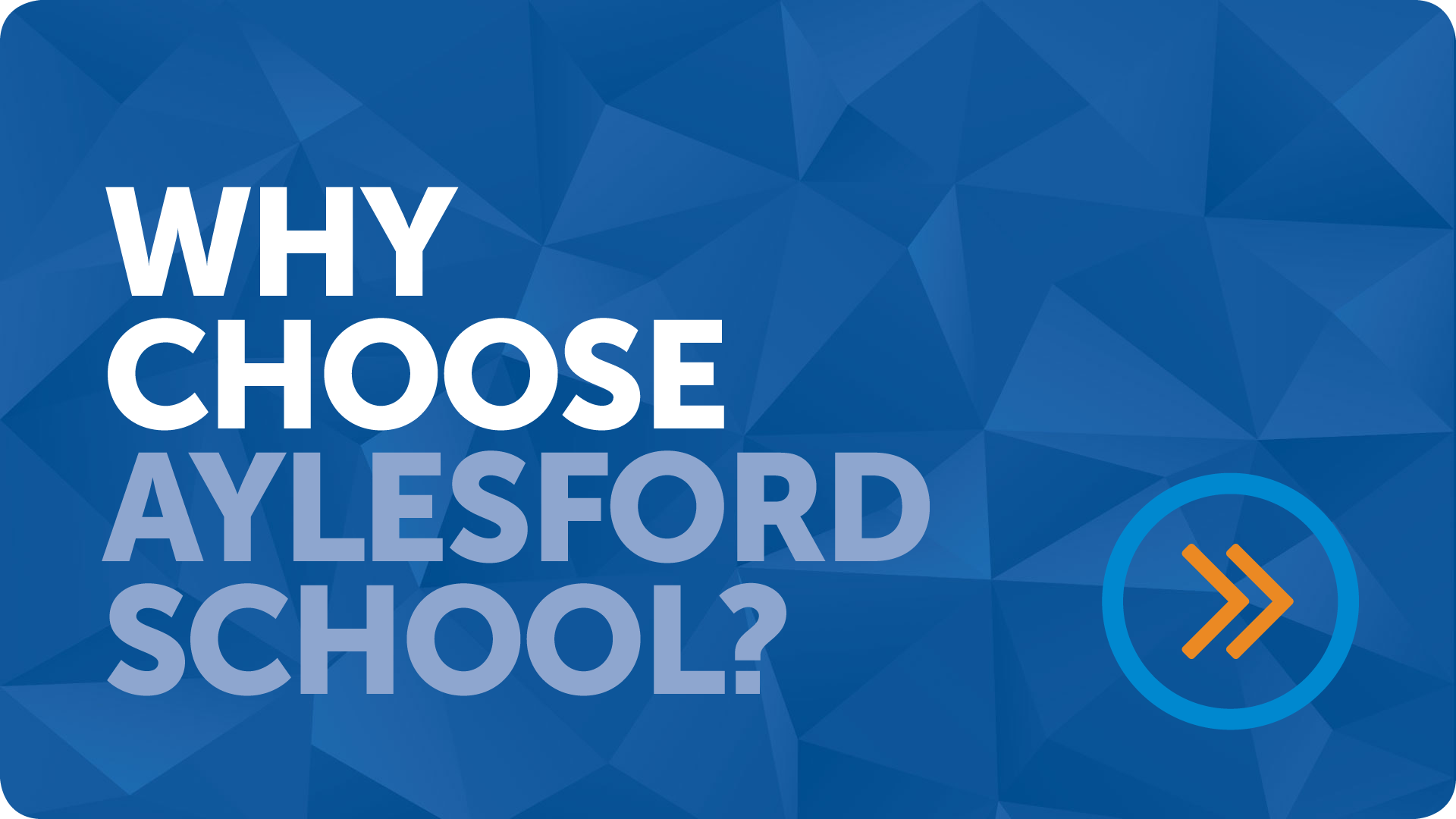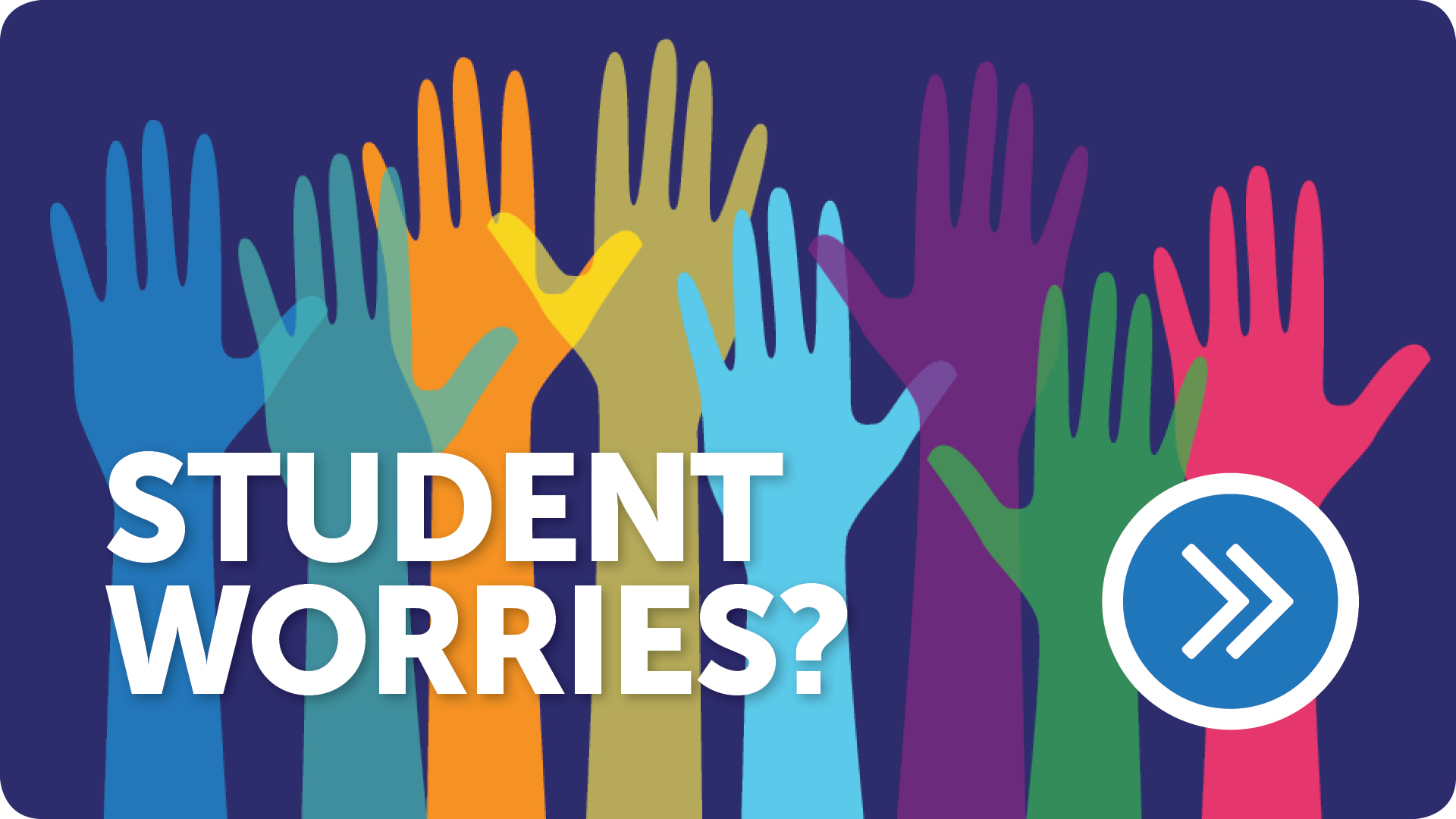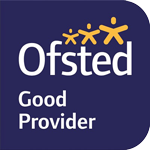E-Safety

Links for parents:
Update December 2023
Please see below some useful parent guides for the most common social media platforms that young people use
Golden Rules for Online Safety
CEOP: www.ceop.police.uk
The Child Exploitation and Online Protection Centre (CEOP) specialises in investigating grooming and sexual abuse online. The ‘Click CEOP’ report button provides a means of reporting abuse online and can be downloaded onto the school website for easy access.
CEOP also have an educational website: www.thinkuknow.co.uk/parents which has specific advice for parents/carers.
Kent Police: www.kent.police.uk/advice/online-safety/
If you believe a child or adult is in immediate danger, contact 999 for police assistance. To report non-emergency concerns, call 101 and ask to be put through to your local team. Kent Police also have Online Safety advice on their website.
The IWF: www.iwf.org.uk
The Internet Watch Foundation (IWF) is the UK hotline for reporting illegal online content, such as child abuse images, or material considered to be criminally obscene.
Parent Port: www.parentport.org.uk
Run by the UK’s media regulators, Parent Port enables parents to report inappropriate online material, such as videos, adverts or news articles. Ashley Assiter, e-Safety Development Officer Rebecca Avery, Education Safeguarding Adviser (Online Protection) Education Safeguarding Team, Kent County Council, December 2017
Home Office: www.gov.uk/report-terrorism and www.educateagainsthate.com
The government have introduced a new red button for reporting online material which promotes terrorism or extremism and an educational website with advice and information for parents.
NSPCC: www.nspcc.org.uk/onlinesafety
The NSPCC have teamed up with 02 to provide excellent information and advice for parents, as well as a free online safety helpline. They have also produced an app/site, on which they have reviewed the most popular apps and websites young people are using; including age ratings and how easy it is to report a problem: www.net-aware.org.uk. Parents can also choose to sign up to the Net-aware newsletter, for up-to-date information via e-mail.
Internet Matters: www.internetmatters.org
Internet Matters is a not-for-profit organisation working with online safety experts to provide advice and information for parents to keep their children safe online.
It has an excellent interactive tool which guides you step by step through setting up parental controls on all the different devices in your home, as well as video tutorials about specific topics of concern.
Parent Zone: www.theparentzone.co.uk
Parent Zone provides up-to-date content on a variety of parenting concerns, including online safety. Schools can sign up to host expert articles from CEOP and Parent Zone on their school website, for free: http://parentinfo.org/ link to the online articles from Digital Parenting magazine: https://parentzone.org.uk/DP5
Get Safe Online: www.getsafeonline.org
Get Safe Online covers a lot of practical, technical information on protecting families and computers against fraud, identity theft, viruses and many other problems encountered online.
Links for pupils:
www.thinkuknow.co.uk
CEOP’s educational website has useful information for children and young people about online safety; it is broken down into different age categories so pupils can access age appropriate advice.
www.childline.org.uk/info-advice/bullying-abuse-safety/online-mobile-safety/
This website from the NSPCC offers general advice to children and young people, with specific sections on online safety and cyber-bullying. There is also an online chat facility where young people can contact a counsellor directly if they want further support.
Please note- Some of the content on this website is aimed at older children and may not be appropriate for all, so use with caution.
www.bbc.co.uk/cbbc/curations/stay-safe
CBBC have produced a wealth of online safety related videos, games and quizzes for young people to explore. These resources are updated around Safer Internet Day each year.
www.kidsmart.org.uk
Kidsmart is an interactive child-friendly website produced by Childnet, which enables young people to access online safety information under different topics/ categories.







